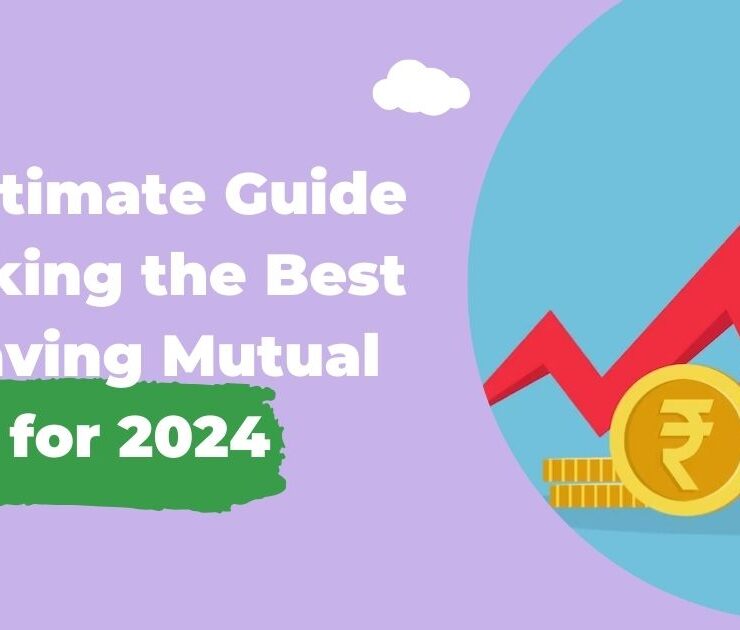Understanding the VIX
NSE recently launched NVIX futures, a very popular product in the global markets. This article aims to explain what is Volatility Index, how it is useful for traders and can it be used by long term investors..
The VIX, short for “volatility index,” and popularly coined as “investor fear index”, aims to measure how much volatility investors anticipate in Nifty during the next 30 days. It tends to rise when the stock market is turbulent and remains low when the market is calm. So a higher VIX value would indicate higher expected volatility in the market while in a range-bound market, where prices are moving gradually, the volatility index remains low.
Q. Why is the VIX important?
A. The VIX is considered a good measure of near-term market expectations because it acts as a barometer for investor sentiment (please note here that we used the word “expectation”, it is not representative of the actual volatility or what will happen.)
 Q. How is VIX derived?
Q. How is VIX derived?
A. The VIX is a number derived using the best bid and ask quotes of the out-of-the-money near and mid-month Nifty options contracts which are traded on the F&O segment of NSE. In India, it has been computed by the NSE since November 2007. Just like any other index the VIX Index is computed on a real-time basis throughout each trading day.
Q. Is India VIX similar to that of market indices like Nifty?
A. Volatility Index is different from a market index like Nifty. Nifty measures the direction of the market and is computed using the price movement of the underlying stocks whereas India VIX measures the expected volatility and is computed using the order book of the underlying Nifty options. While Nifty is a number, India VIX is denoted as an annualized percentage.
Q. Who uses the VIX?
A. Across the world analysts and traders use the VIX as a predictor of volatility, not of the market’s direction.
Q. Is VIX Index available for trading in India?
A. NVIX Futures are available for trading from Feb 26th, 2014 in India. Following is the contract specification:
Q. Does the VIX affect me as a long-term investor?
A. No, the VIX is most often used as a market-timing indicator. Long term investors who use buy-and-hold strategy are better off making trading decisions irrespective of near-term volatility.
A detailed FAQ document has been released by the NSE, you can view here. For more information, email us at research@arihantcapital.com








very useful information!Thanks for sharing 🙂